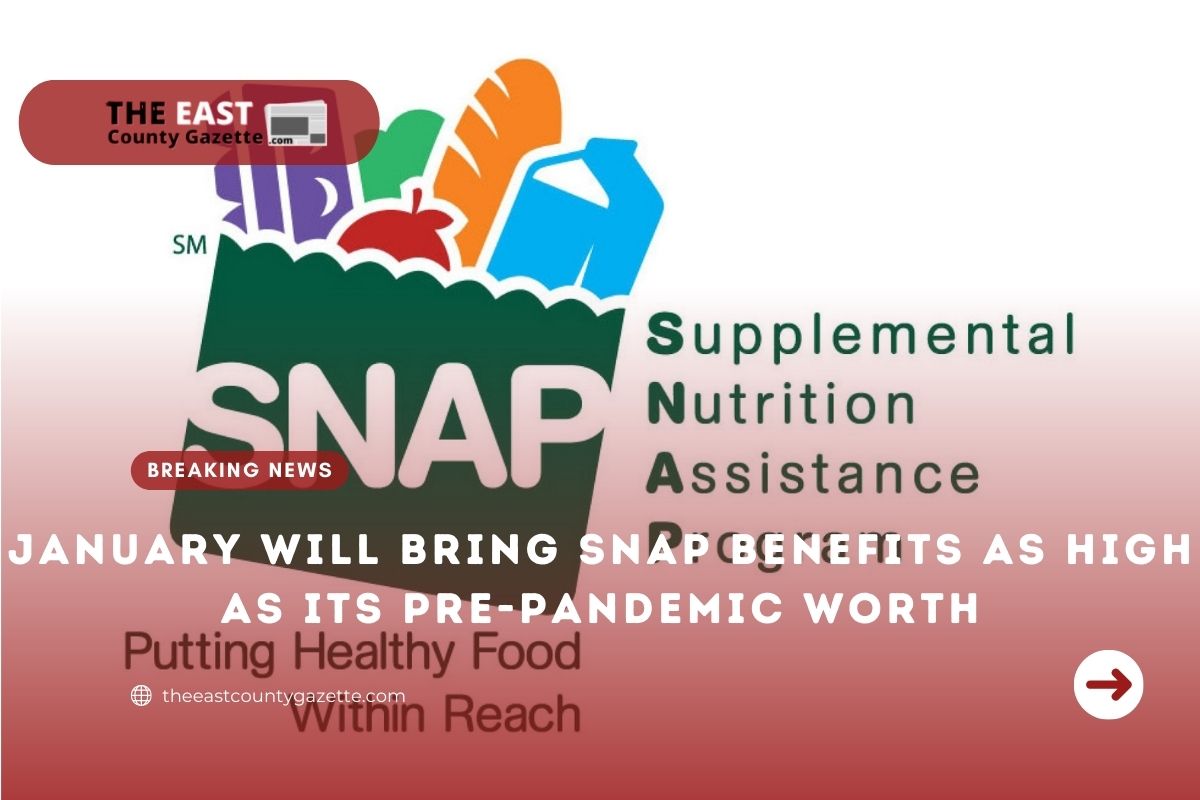On January 1, food benefits will return to pre-pandemic levels for hundreds of thousands of families in Mississippi.
In less than two months after the state’s emergency declaration for dealing with the COVID-19 pandemic expires, the Mississippi Department of Health and Human Services announced on Wednesday that an additional benefit for COVID-19 recipients will continue next year.
In the early hours of November 20, Governor Tate Reeves’ emergency declaration expired, over a year after the state announced its first Coronavirus case.
“Without an emergency proclamation in place, federal regulations prevent Mississippi from issuing additional emergency benefits to SNAP recipients beginning in January,” an official release stated.
The additional COVID benefits will still be available to families and individuals in December.
Meanwhile, COVID benefits are usually paid at the beginning of each month.
“Gov. Reeves, along with State Health Officer (Thomas) Dobbs and MEMA Executive Director (Stephen) McCraney, believed it was time to end Mississippi’s State of Emergency because more than 3 million doses of the COVID-19 vaccine have been administered, and COVID-19 infections and resulting hospitalizations are being effectively managed,” stated Press Secretary Bailey Martin.
“Additionally, Mississippi’s economy is thriving and job opportunities are plentiful.”
National Academy for State Health Policy data shows 32 states have ended their states of emergency so far.
According to NASH, 11 more states expect their declarations of emergencies to expire later this year or early next year, while seven others have declared emergencies until further notice.
Family circumstances will determine how much benefit reduction a family receives.
Benefit cuts are estimated at around $80 a month on average.
Read More: The US Government Making Changes in Rent Relief? Will You Be Affected?
For example, a household of three people receiving $619 a month, who also receives an additional $95 a month in emergency aid, brings the total benefits to $714. By January 2022, the extra $95 will no longer be available.
Supplemental Nutrition Assistance Program benefits are received by approximately 207,448 households and 440,296 individuals. Houses receive, on average, approximately $134 per person, or around $285 per house.
A total of $1.5 billion is expected to be given by MDHS to benefit needy families in 2021.
“it’s not a full reduction back (back to pre-pandemic levels) because there was a SNAP increase in October of (25) percent,” MDHS Chief Communications Officer Mark Jones said.
According to the Department of Health and Human Services, SNAP beneficiaries became eligible for a 25 percent increase in benefits starting from the 1st of October.
As a result of the outbreak, households also received supplementary benefits in addition to the latter increase.

